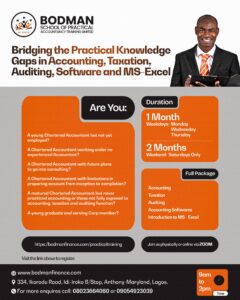AT&T, a big phone company, says lots of its customers’ info got out. Did it affect you?
The company found out that sensitive details of many current and past AT&T customers were on the internet, AT&T announced on Saturday.
AT&T said a bunch of data, including Social Security numbers and passcodes, was found on the “dark web.”
It is about 7.6 million for current customers and 65.4 million for past customers.
AT&T does not know if the info came from them or another company they work with, as they are checking it out, they told people whose info got out.
The stolen info has stuff like Social Security numbers, passcodes (not passwords), names, email addresses, home addresses, phone numbers, birthdays, and AT&T account numbers. It is from 2019 or before and does not have money info or call history.
If you are affected, AT&T will email or send you a letter. They started doing this on Saturday.
AT&T already changed the passcodes for current customers. They will l also pay for credit monitoring if needed.
Moreover, AT&T is looking into this with cybersecurity experts; they have had data breaches before.
A cybersecurity guy said this breach is like another one from 2021, as AT&T did not talk about it then. If they made a mistake, they might get sued, he said.
AT&T did not say more about this. Data breaches are tough to avoid nowadays, but you can help protect yourself.
Make strong passwords and use two-factor authentication when you can. If you hear about a breach, change your password and watch your account for weird stuff.
Also, use real contact info from a company’s website, as scammers might try to trick you.
Conclusively, big credit companies like Equifax, Experian, and TransUnion give free credit freezes and fraud alerts to help you stay safe.




